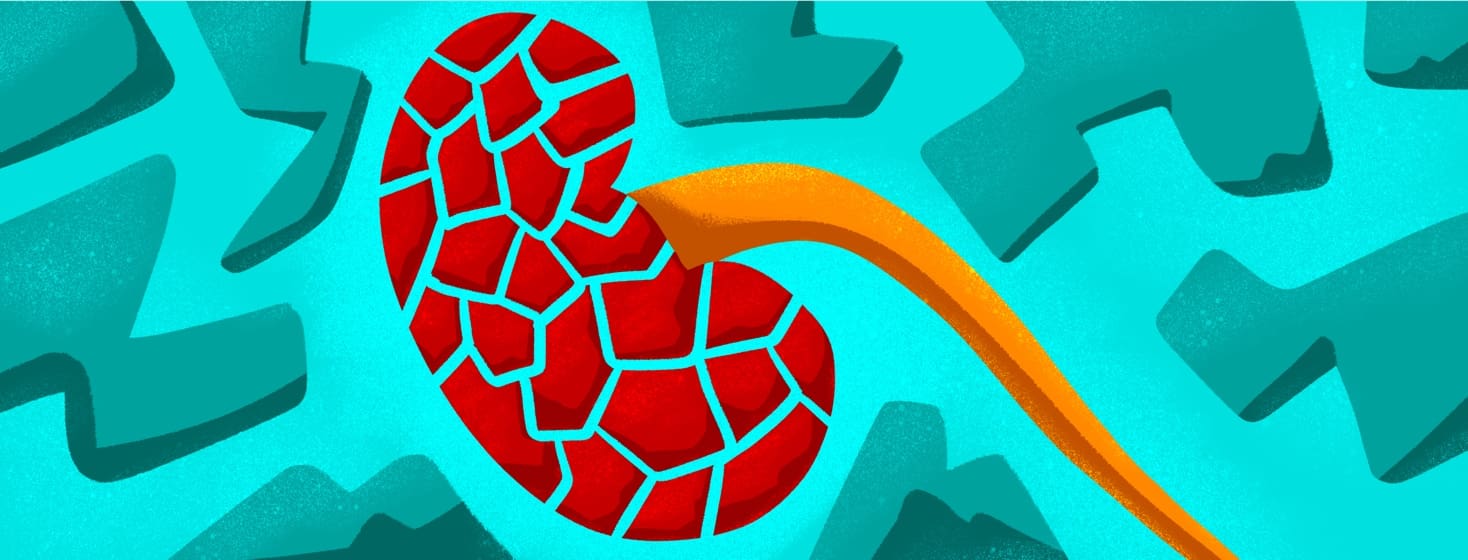Kidney Stones and Crohn's: A Love Story
When we think of symptoms that come with Crohn’s Disease, we often think of stomach irritation, nausea, bloody stools, and the occasional joint pain. However, my journey with Crohn’s started in a much different, yet often common, way— with kidney stones.
Kidney stones as a complication of Crohn's
Did you know that kidney stones are a bi-product of Crohn’s? Just like a loving, devoted couple, where there is one, there just may be the other. I had my first kidney stone when I was a senior in high school in 2003. I had that surgically removed, followed by another one that was also surgically removed in 2004. Fast forward 4 years, and after dealing with pain in my back on the lower lefthand side (flank pain, as it is called) for a couple of days, I made my way to the emergency room as I knew that was the protocol for kidney stones. Turns out, this wasn’t a kidney stone. It was Crohn’s.
Kidney stones were the first signs of Crohn's disease
I was essentially diagnosed with Crohn’s overnight, despite not having any GI issues, and after tracing back my history, it was apparent that the pesky kidney stones that originated 2003 were likely my disease already brewing. It wasn’t until 2008 that I found out that kidney stones are a byproduct of Crohn’s and I am one of the lucky few who get to experience both.
The pain of kidney stones
Seven years passed before I had another kidney stone, and then I had two in a span of 6 months between 2015-2016. If you have never had the joy of getting a kidney stone, know this— women have said it is worse than childbirth. The pain is excruciating and no amount of shifting positions in how you sit or lay down will help. Vomiting often accompanies it, and it may take a few days to pass on its own or you can have it surgically removed as I had.
So, if you find that you suffer from kidney stones, be sure to speak to your urologist about the type of stones that they are (calcium stones are the type linked to Crohn’s) and what you can do to prevent them from returning if you have Crohn’s Disease. This relationship may be strong, but you can always do your best to break them up.
Community Poll
What topics are you interested in learning more about?

Join the conversation